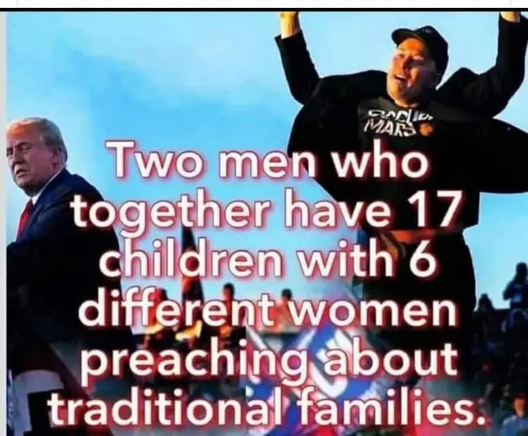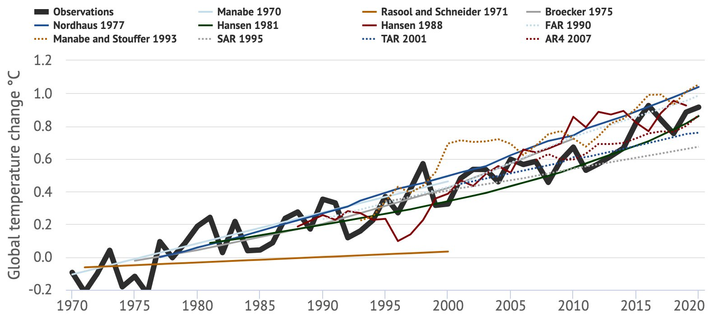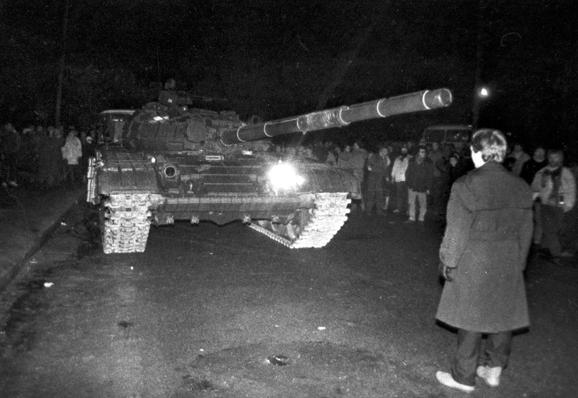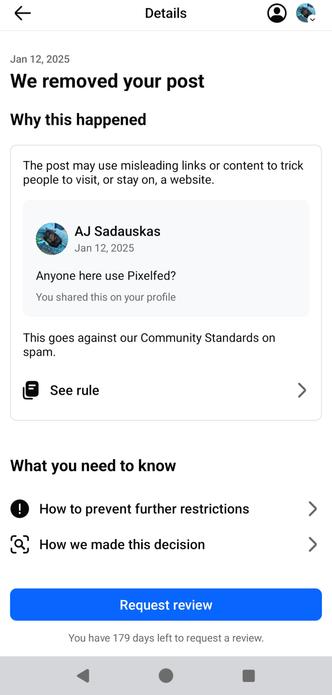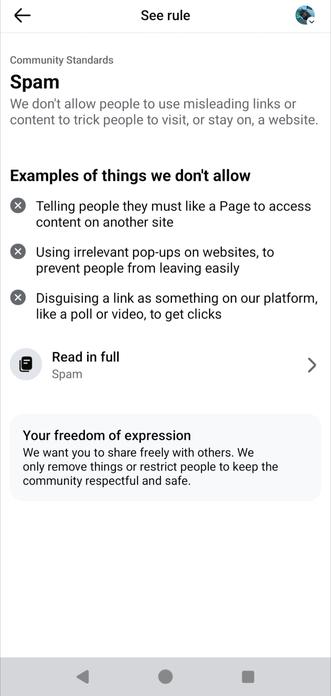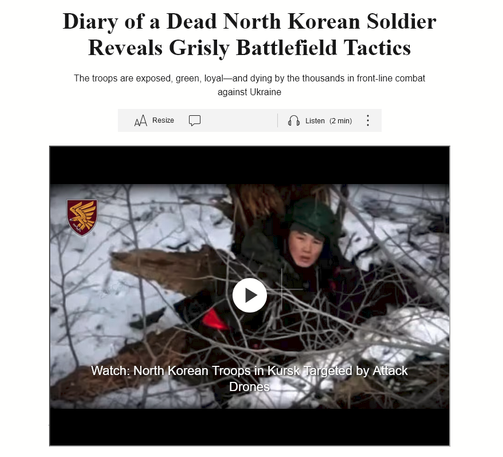Husband, Father, DevOps Engineer. The 'K' in KDL. If the Operating System had ‘OS’ in the name, I rode that dead horse. Randomly contributes to open source projects.
Has used core RAM and acoustic couplers.
Personally never ran Windows.
Has never run Arch, BTW.
Header Image: My desk setup when I had placed three Samsung 34" curved monitors side by side for over 8' of display horizontally at a resolution of 10320x1440. This was also the day I lost my cursor. 🖱️
| Distros I use | :debian: :elementary: :fedora: |
